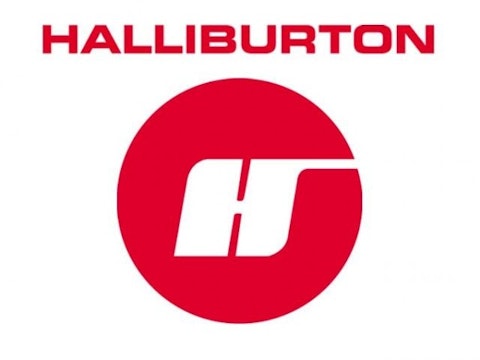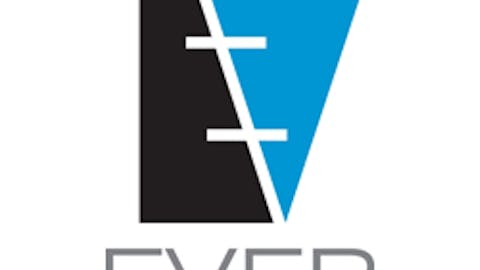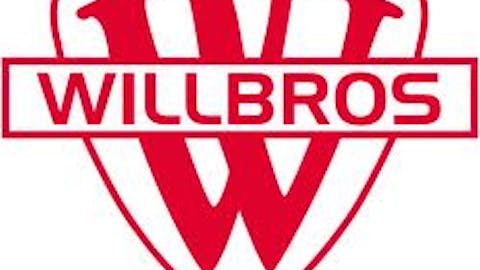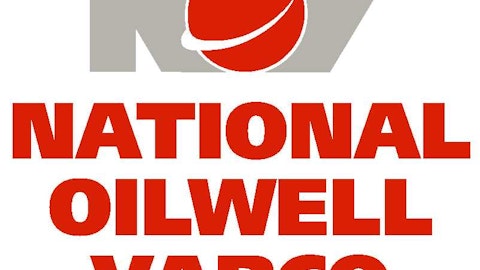Fracking is a thirsty — and thus expensive — business. In some areas, drilling and fracturing a horizontal well can take more than 5 million gallons of water, costing upwards of $1 million. Until recently, drillers have used fresh water for fracking and then paid for disposal of used water. While some have begun to recycle, that’s the exception rather than the rule. All that may be about to change.
Go green, save greenbacks
Turns out, there’s lots of money to be saved when drillers turn to recycling frac water. It’s a beautiful thing when what’s good for the environment is also good for the bottom line. The dollar amounts depend on the shale in question, but a study from Jefferies — an investment advisory firm — found savings potential approaching $70,000 per well in the Bakken and $370,000 per well in the Marcellus. Using recycled frac water also opens up opportunity for drilling in water-stressed areas like South Texas.
It’s worth noting that cost savings may not be imminent in every location. Jay Ewing, Devon Energy Corp (NYSE:DVN)‘s water-use expert in the Barnett, recently told a Texas House committee hearing that while the company’s cost of recycling varies by location, it’s still “50 to 75% more expensive than the alternatives.” But that’s likely to change as recyclers improve their processes and increase efficiency.
The long arm of the law
Texas has moved forward with rules encouraging the use of water conservation and recycling techniques during the fracking process. Texas is the largest producing state in the U.S., and only recycles an estimated 25% of the water it consumes. Its movement in the regulatory arena is thus bold and influential. Other states are expected to follow suit.
The industry has noticed the benefits of recycling and has seen the rising legislative tide, and is beginning to adopt frac water recycling more broadly. Oil-field services companies Halliburton Company (NYSE:HAL) and Baker Hughes Incorporated (NYSE:BHI) are truly pushing ahead with this strategy, and have reaped early success. Halliburton Company (NYSE:HAL) has introduced its H2O Forward suite of CleanWave and CleanStream technologies in both the Permian and Bakken regions, with reported savings in the range of $500,000-$700,000. To compete with this, Baker Hughes Incorporated (NYSE:BHI) has designed its H2prO offering, which has been tested in the Permian Basin.
Clean enough
It’s important to note that using recycled water in fracking is complicated. The water doesn’t need to be so pure that you’d let your infant drink it. It only needs to be free enough of contaminants that it doesn’t inhibit the fracking process. Until now, many recycling efforts have focused on returning water to potable state, but companies are realizing that not only is this unnecessary, it’s also wasteful.
The new push is for “clean enough” water, but there’s a catch: When there’s still a lot of junk left in the water, it requires locally customized chemical adjustment to make it appropriate for the specific conditions of the well in question. It’s for this reason that developments in this space would seem to favor companies that are also frac fluid experts, such as Halliburton Company (NYSE:HAL) and Baker Hughes Incorporated (NYSE:BHI).
Indeed, Halliburton Company (NYSE:HAL)’s H2OForward works with any waste stream, and company representatives say they offer well operators the option to forgo freshwater use entirely. H2OForward has been applied to more than 60 wells in the Bakken Shale and Permian Basin. Baker Hughes Incorporated (NYSE:BHI)’ H2prO service includes extensive pre-treatment analysis to determine which constituents in the water must be treated — and by how much — in order to meet production requirements.
Cause for concern
Given the factors above, coupled with the expected adoption of water usage legislation in additional producing states, companies responsible for delivering freshwater and removing wastewater could be in trouble. Trucking water presents a huge burden to drilling operators, and these new recycling technologies curtail, if not eliminate, the need for long-distance water transport.
Basic Energy Services, Inc (NYSE:BAS) derived more than a quarter of 2012 revenues from its fluid services unit. Its operations rely heavily on the legacy model of hauling water. Superior Energy Services, Inc. (NYSE:SPN) counts on its traditional fluid services offerings for about 20% of revenues.
Basic Energy Services, Inc (NYSE:BAS) seems to see which way the wind is blowing, and made two acquisitions in recent months to gain exposure to water treatment and recycling activities. Superior Energy Services, Inc. (NYSE:SPN), on the other hand, doubled down on its water-hauling activities with a February 2012 acquisition in this space. Ultimately, both companies are likely to face a formidable challenge from Halliburton Company (NYSE:HAL) and Baker Hughes Incorporated (NYSE:BHI).
It seems likely that a water-recycling revolution is coming to the fracking world. Those companies that adapt and offer innovative solutions for better water management are likely to benefit handsomely.
The article These Companies Could Drown In Recycled Water originally appeared on Fool.com and is written by Sara Murphy.
Sara Murphy has no position in any stocks mentioned. Follow her on Twitter @SMurphSmiles. The Motley Fool recommends Halliburton. The Motley Fool owns shares of Devon Energy.
Copyright © 1995 – 2013 The Motley Fool, LLC. All rights reserved. The Motley Fool has a disclosure policy.



